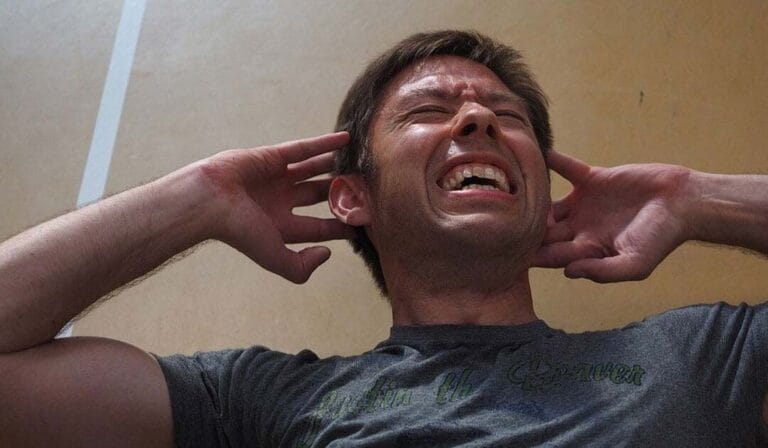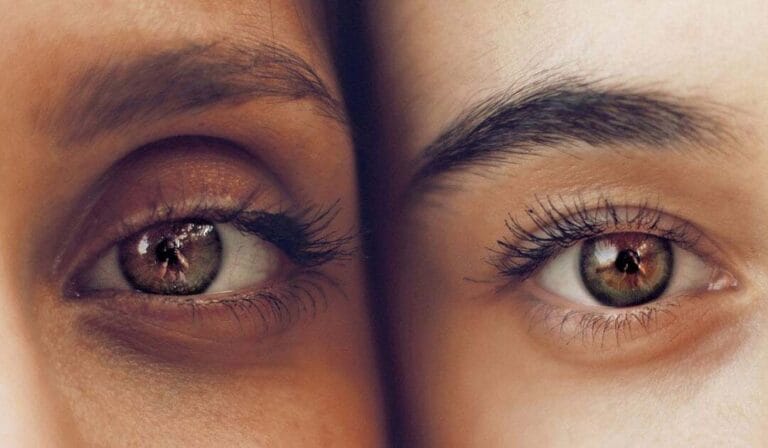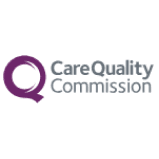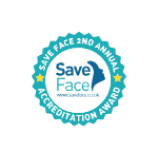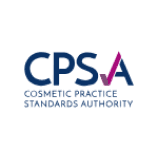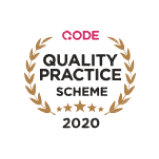Oral cancer is no longer a disease that just affects smokers and the elderly but one that is killing more and more young people. The problem with oral cancer is not just that the number of new cases is rising but more importantly that it is not being detected early enough. Early detection, referral and diagnosis are vital to improving survival rates.
What Causes Mouth Cancer?
There is no single factor that predisposes us to mouth cancer. However, the following elements have a large part to play in most cases:-
Smoking — The World Health Organisation states that up to 50% of current smokers will die from tobacco related illness, including mouth cancer.
Drinking alcohol – Increases risk of mouth cancer by 6 times. Smoking and drinking together increases risk by 30 times.
Betel quid — It is a tradition within Asian communities to chew betel quid. Areca nuts and slaked lime are wrapped in betel leaves with or without tobacco and chewed for their stimulant effects. Oral cancer risk is around 7 times higher in betel quid with tobacco users.
Poor diet – A diet low in beta-carotene, vitamin C and vitamin E is linked to a third of all cancer cases. A recent study highlighted by the Oral Health Foundation shows that eating cruciferous vegetables such as broccoli, cauliflower, cabbage and sprouts can reduce the risk of mouth cancer significantly.
HPV — The Human Papilloma Virus (HPV) is as a probable cause of mouth cancer and is transmitted during sexual activity. An estimated 30% of mouth cancers and oropharyngeal cancers in the UK are linked to HPV infection.
Genetic factors – familial clusters of mouth cancer have been reported which also demonstrated cases occurring at younger ages.
Why are More Young People at Risk?
You just have to look at the causative factors above to understand why more young people are at risk from mouth cancer. As teenagers begin to experiment with lifestyle choices, they are exposing themselves to unknown risks. It is more important than ever that we educate our young people, aged 16 and above, and encourage them to visit the dentist for a check up and oral cancer screening once a year, as we all should. Go to the Mouth Cancer Foundation to read more about mouth cancer.


